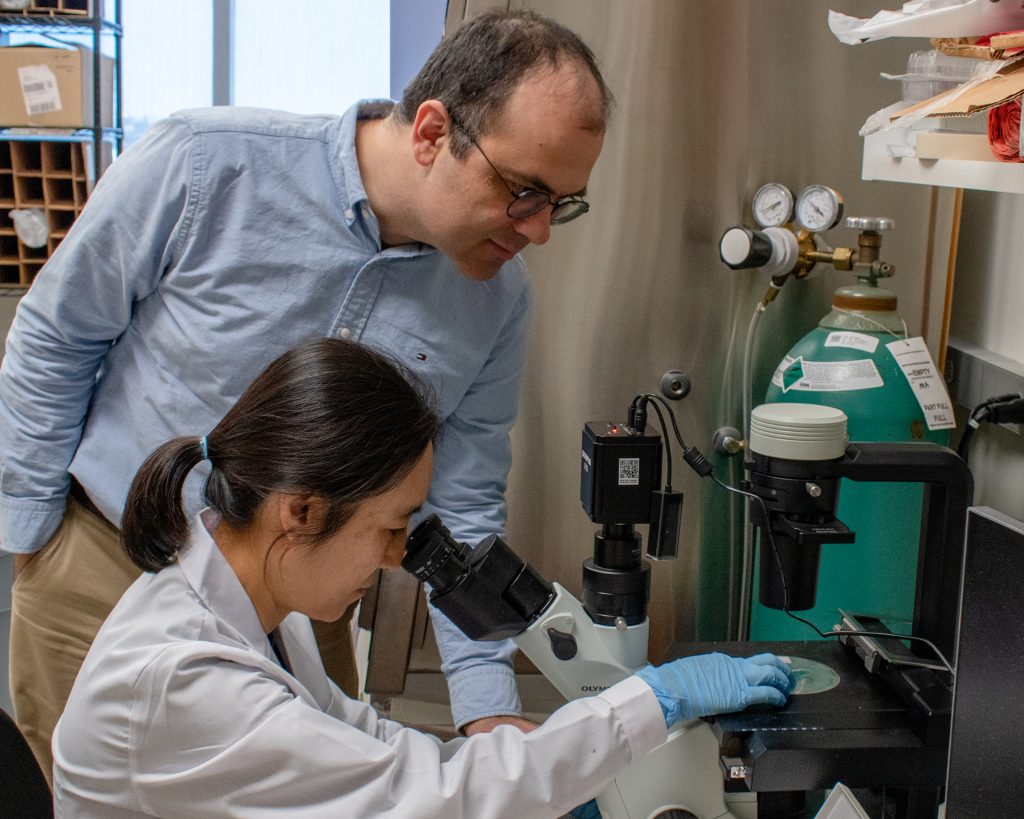
Researchers including Ralph DeBerardinis, M.D., Ph.D., Director of the Genetic and Metabolic Disease Program at the Children’s Research Institute at UT Southwestern, have discovered a metabolic activity that influences malignancy in renal cancer cells lacking the metabolic enzyme fumarate hydratase. In these cells, excess fumarate binds to the natural antioxidant glutathione, leaving the cell exposed to high levels of reactive oxygen species that reprogram gene expression. The discovery may help explain the puzzle of why some cancer cells contain excess fumarate, and suggest new ways to treat these cancers.
Read the research published in Molecular Cell.



